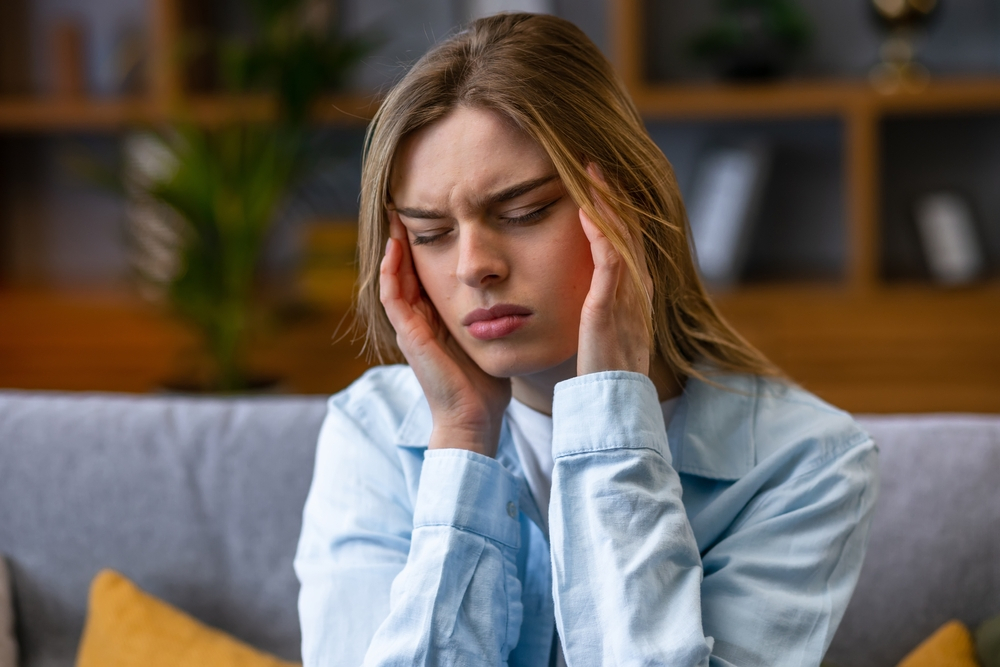If you are experiencing migraine pain that is severe enough to affect your daily life, we recommend that you follow the steps below to prevent migraine attacks.
1. Do not rely on painkillers
When we have a headache, we immediately take a painkiller. However, if your headache is migraine pain and you take more than 4-5 painkillers a month, you aggravate your migraine pain and increase the frequency of attacks. Because when painkillers are used frequently, they can increase the sensitivity of pain centers in the brain. That’s why the first thing you should do is consult a neurologist instead of randomly taking painkillers. If migraine is diagnosed, take care to take painkillers only as recommended by your doctor.
2. Keep a migraine diary
Keep yourself a migraine diary. Write down information such as what you eat and drink on a daily basis, whether you are exposed to trigger factors such as smell and stress, how many hours you sleep, and what sports you do for how long. In addition to information such as the frequency, duration and location of the pain, write down your medications if you are using them. Thanks to these regular notes, you will both recognize the factors that trigger your pain and contribute to the regulation of your treatment.
3. Pay attention to your sleep patterns
Do not change your sleep pattern. For example, some people experience migraine attacks when they are sleep deprived, while others, on the contrary, experience migraine attacks when they sleep too much. When a person with migraine sleeps too much, he wakes up early to go to work all week and does not have pain, but when he wakes up at 10 o’clock at the weekend, saying “I’ll have a good sleep”, he may wake up with a severe migraine pain. Therefore, make sure to get up at the same time every day and not be sleep deprived.
4. Exercise but not excessively!
Swim, walk, ride a bike… Unless your pain is triggered by exercise, almost any sporting activity that will relax your body can both reduce your stress and help prevent migraine attacks, thanks to increased serotonin hormone secretion. However, it is very important that the exercise is moderate, not heavy, and not done for performance. Otherwise, on the contrary, you can trigger pain.
5. Eat your meals regularly
Take care to eat regularly and not to skip meals every day. If you feel hungry between meals or later in the evening, this may indicate a decrease in blood sugar and trigger your pain. If you are experiencing such situations, you can add your own small snacks.
6. Dance, meditate
Stress is one of the most important factors that trigger migraine pain. Do activities that relieve stress, clear the mind, increase focus, and stay in the moment. For example, you can dance, do yoga or meditation, or have a variety of pain-relieving massages.
7. Watch your coffee, tea and alcohol consumption
Although caffeine is a substance found in some migraine medications and therefore used in the treatment of migraine, it can also be a trigger for migraine attacks. If your pain is not triggered by caffeine-containing foods, taking caffeine in a daily amount (for example, a maximum of 2 cups of coffee or 3-4 cups of tea is enough) can be good for migraine pain. However, as in everything else, it is very important not to overdo it.
8. Watch out for these foods
Again, different foods can be triggers for each patient. However, among the foods that most frequently trigger pain; cheese, fermented beverages, fatty and spicy foods, artificial sweeteners, foods with flavor-enhancing additives (such as prepared meat and chicken stock tablets), milk, any offal, salami, sausage, bacon, sausage, some seafood such as shrimp or mussels is located.
9. Drink lots of water
We are all greatly affected by the environment we live in and our lives are almost entirely shaped accordingly. Since 60-70 percent of our body and 80 percent of our brain is water, drinking enough water is paramount. Do not forget to drink at least 1.5-2 liters of water daily.

